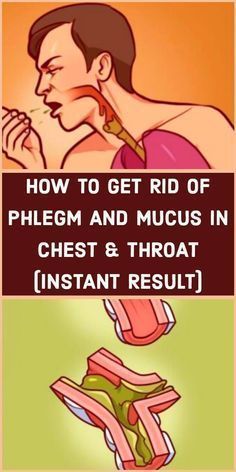Persistent health problems like colds and coughs may seem harmless at first, but if left untreated, they can escalate into more bothersome conditions, such as excess phlegm. Any infection that affects the lower respiratory tract, including the lungs and trachea, may lead to phlegm production. While a certain amount of mucus is normal for a healthy body, an excess abundance can be attributed to various factors, including the flu, the common cold, allergies, gastroesophageal reflux disease, smoking, or other lung diseases.
Practical ways to relieve sore throat and reduce phlegm:
Stay hydrated:
Ensuring adequate hydration is essential because fluids help loosen phlegm and prevent throat congestion. Drinking water, tea, and soup, especially when warm, loosens phlegm due to the heat, making it easier to drain and clear the throat.
Gargling:
Gargling with salted water is effective in cleansing the throat and expelling phlegm. Mix half a tablespoon of salt in a cup of lukewarm water, take a sip of it, gargle with it, then spit out the water. This process can be repeated every three to four hours for best results.
Steam inhalation:
Steam inhalation keeps the mucous membranes moist. Adding salt or essential oils such as eucalyptus and rosemary enhances the benefits. Steam can be obtained through a steamer, warm shower, or humidifier, which provides relief and promotes healing.
Mint tea:
Menthol in peppermint tea has anti-inflammatory, antiviral and antibacterial properties that help reduce phlegm and relieve cold and cough symptoms. Drinking mint tea supports the body’s defense against colds and helps in the healing process.
Ginger:
Ginger, with its antiviral and antibacterial properties, helps dry up excess phlegm and make it easier to get rid of. Ginger tea is a soothing option to relieve symptoms associated with respiratory congestion.
Keep your head up:
Elevating the head helps the natural drainage of phlegm and mucus from the nose to the bottom of the throat, preventing its accumulation.
Additional Tips:
Avoid suppressing a cough: Coughing helps remove secretions from the lungs and throat, so it is better to let it go rather than suppress it.
Limit alcohol and caffeine intake: These substances can lead to dehydration and hinder the healing process.
Avoid smoking and secondhand smoke: Smoking worsens phlegm production, while exposure to secondhand smoke can have similar effects.
Watch your diet: Refrain from eating foods that cause acid reflux, dairy products, and irritants such as chemicals and pollutants, as they contribute to increased phlegm.
Handle nose blowing with care: Avoid blowing forcefully to prevent pain and possible infection.



